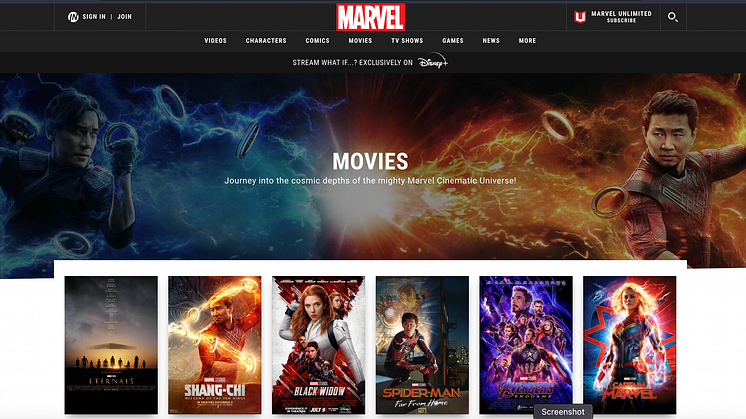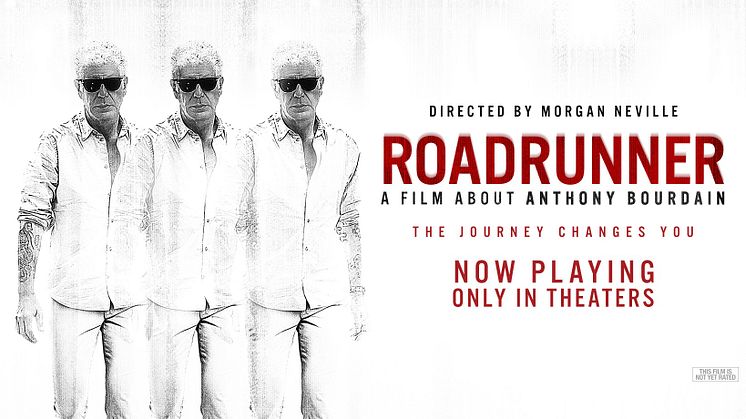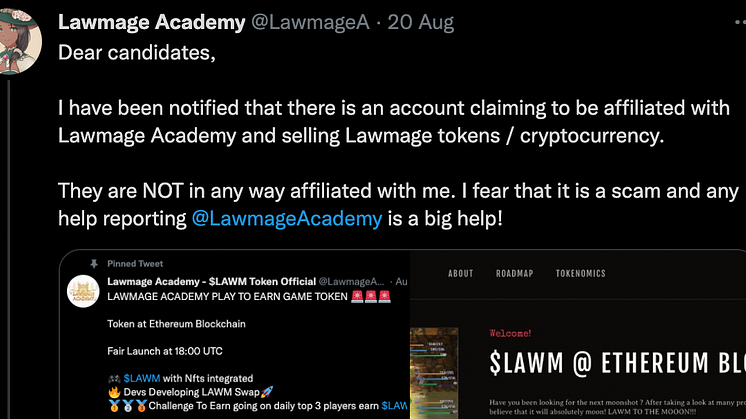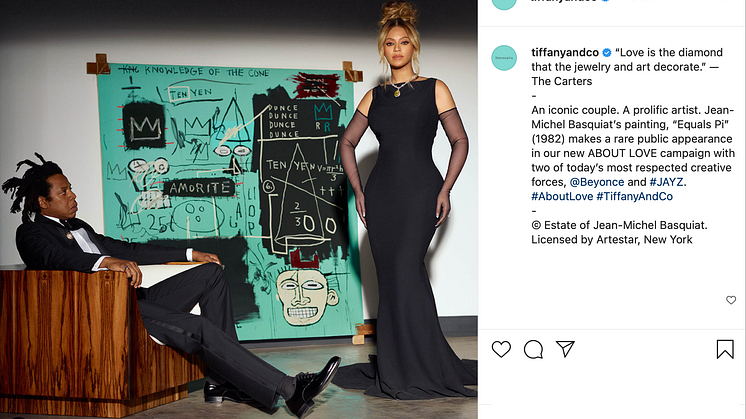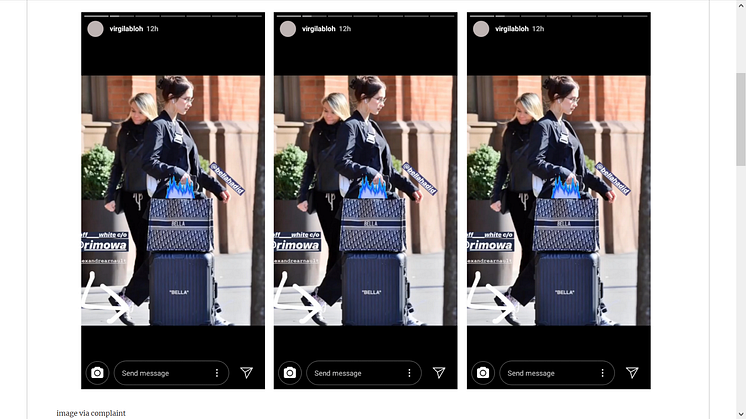Who gets paid when a superhero story succeeds?
This month sees the release of yet another Marvel superhero movie, Shang-Chi and the Legend of the Ten Rings. However, a lot of attention is still on the previous entry into the Marvel Cinematic Universe, Black Widow, due to an ongoing lawsuit.
Due to the uncertainties of relying solely on the traditional theatrical release model during the ongoing Covid-19 pandemic, that movie was released si
